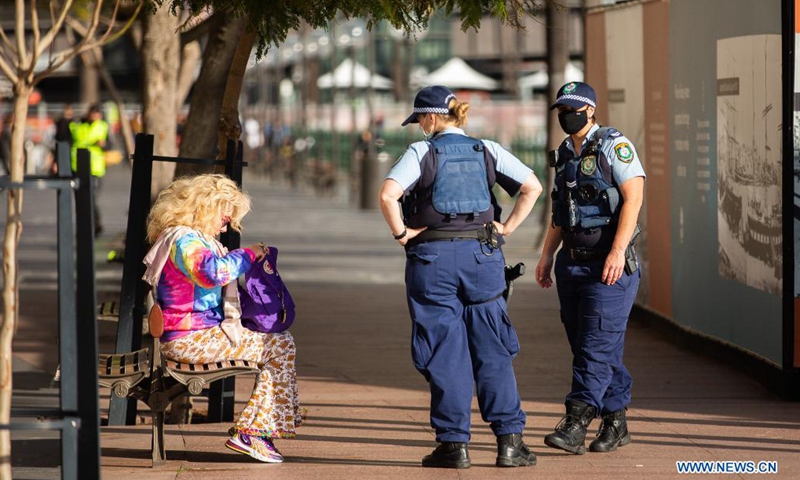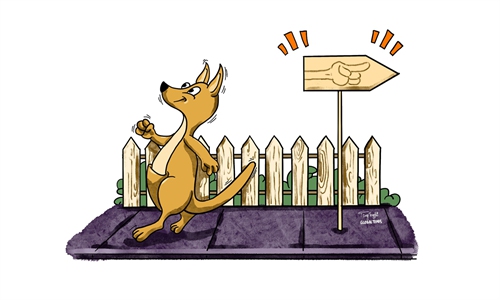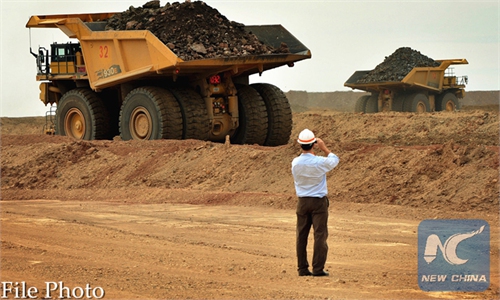Australia Prime Minister ‘sorry’ for slow vaccine rollout

Police officers work on the street in Sydney, Australia, on July 5, 2021. Authorities of the Australian state of New South Wales (NSW) said compliance is key to a smooth exit from the two-week lockdown, as 35 locally acquired COVID-19 cases were reported on Monday.(Photo: Xinhua)
Australia's prime minister on Thursday apologized for the country's glacial vaccine rollout, as Sydney recorded a record jump in new coronavirus infections.
Scott Morrison is under fierce public pressure to improve a vaccination rate currently languishing around 11 percent, among the lowest rate of any rich nation.
After months of boasting about his "gold standard" pandemic response and insisting vaccine rollout was "not a race," Morrison bowed to critics.
"I'm sorry that we haven't been able to achieve the marks that we had hoped for at the beginning of this year. Of course I am," he said.
"I take responsibility for the vaccination program. I also take responsibility for the challenges we've had. Obviously, some things are within our control, some things that are not."
His comments came as authorities in locked-down Sydney warned residents to brace for a spike in infections and long-term restrictions.
The state of New South Wales reported 124 new cases, a record for a current outbreak that is spreading quickly across the vast country.
"I'm expecting case numbers to go up even higher," state premier Gladys Berejiklian warned.
"I can't underscore what a serious situation we're in at the moment," she said, girding the city's 5 million residents for further bad news to come.
Sydney has been in lockdown for almost a month now, but there seems little prospect of stay-at-home orders being lifted at the end of July as planned.
The restrictions may have prevented a tidal wave of cases, but have so far failed to stop the outbreak.
"Until we have enough of our population fully vaccinated, we will be living with some level of restrictions and that will depend on how quickly we can overcome the severity of the current outbreak," said Berejiklian.
Some 18 months into the pandemic, adherence to the latest lockdown rules has been patchy and there is widespread anger at the government's response.
Australia bet heavily on the AstraZeneca vaccine, which is now only recommended for Australians over 60 because of blood clotting fears.
Health officials complain Australia is "awash" with AstraZeneca vaccine, while not expecting to get large supplies of the Pfizer vaccine much before the end of 2021.
AFP




